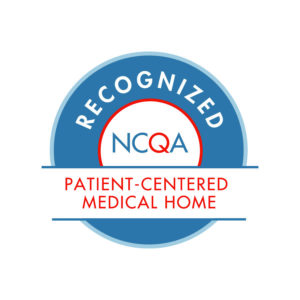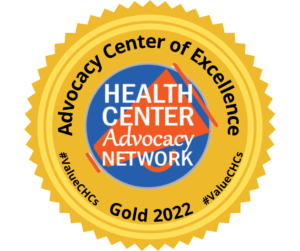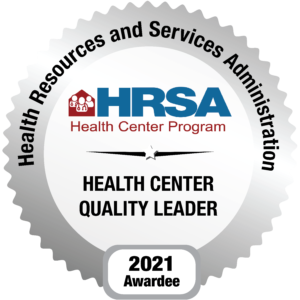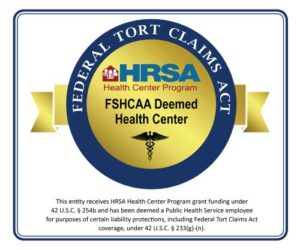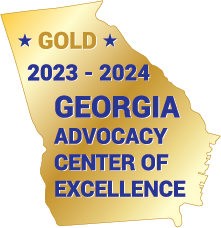Respiratory Syncytial Virus, commonly known as RSV, is a respiratory virus that affects people of all ages, but it can be particularly severe in infants and older adults. As your trusted healthcare provider, Oconee Valley Healthcare aims to shed light on this prevalent virus and offer insights into prevention and treatment strategies to safeguard your family’s health.
What is RSV?
RSV is a contagious virus that causes respiratory tract infections. It is responsible for a range of respiratory illnesses, from mild cold-like symptoms to severe bronchiolitis and pneumonia, especially in infants and older adults with weakened immune systems.
Symptoms of RSV
The symptoms of RSV can vary depending on the age of the individual and the severity of the infection. Common symptoms include:
- Coughing and sneezing: RSV often presents with persistent coughing and sneezing, similar to the symptoms of a common cold.
- Fever: Infants and young children with RSV may develop a fever.
- Difficulty Breathing: In severe cases, RSV can lead to wheezing and difficulty breathing, particularly in infants with smaller airways.
- Lethargy: Children infected with RSV may appear unusually tired or lethargic.
- Decreased Appetite: Infants may show decreased interest in feeding during the illness.
Prevention
Preventing RSV is key, especially for vulnerable populations such as infants, older adults, and individuals with compromised immune systems. Here are some preventive measures you can take:
- Frequent Handwashing: Encourage regular handwashing with soap and water, especially before handling infants or after coming into contact with individuals who may be sick.
- Avoiding Close Contact: Limit exposure to individuals who are sick, particularly if they have symptoms of respiratory illness.
- Covering Coughs and Sneezes: Teach proper cough and sneeze etiquette, such as covering the mouth and nose with a tissue or the elbow.
- Cleaning and Disinfecting: Keep frequently touched surfaces clean and disinfected, especially in households with infants and young children.
- Vaccination: The CDC recommends multiple, new immunizations to protect those most at risk of getting very sick with RSV: infants, toddlers, and adults 60 years and older.
Treatment for RSV
Treatment for RSV is primarily supportive and focuses on relieving symptoms. In mild cases, over-the-counter medications may help alleviate fever and discomfort. However, in severe cases, especially in infants and older adults, hospitalization may be necessary to provide oxygen therapy and supportive care. If you suspect that you or your child may have RSV it’s essential to seek medical attention promptly, especially if symptoms worsen or if there are signs of respiratory distress. Early intervention can help prevent complications and ensure the best possible outcome.
At Oconee Valley Healthcare, we are committed to helping you and your loved ones stay healthy and well. Together, we can combat RSV and other respiratory illnesses for a healthier community.



